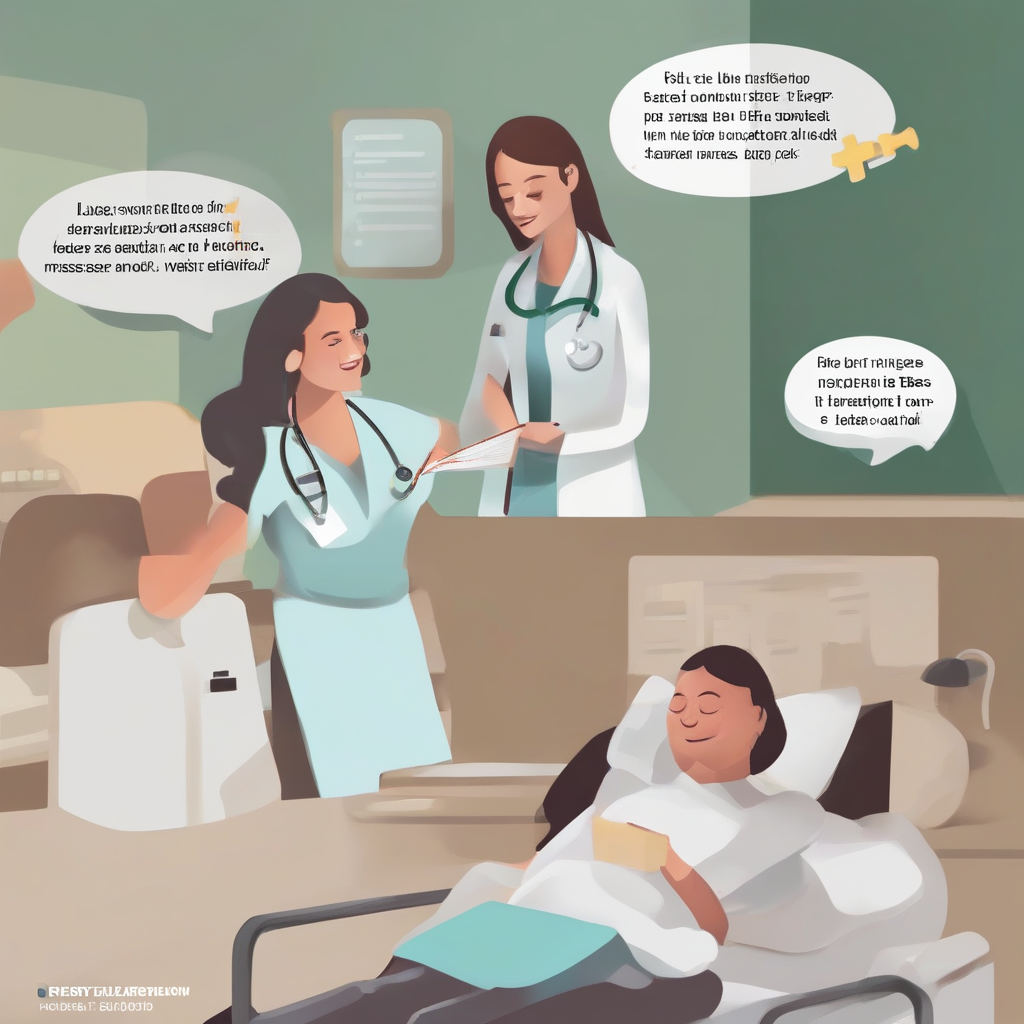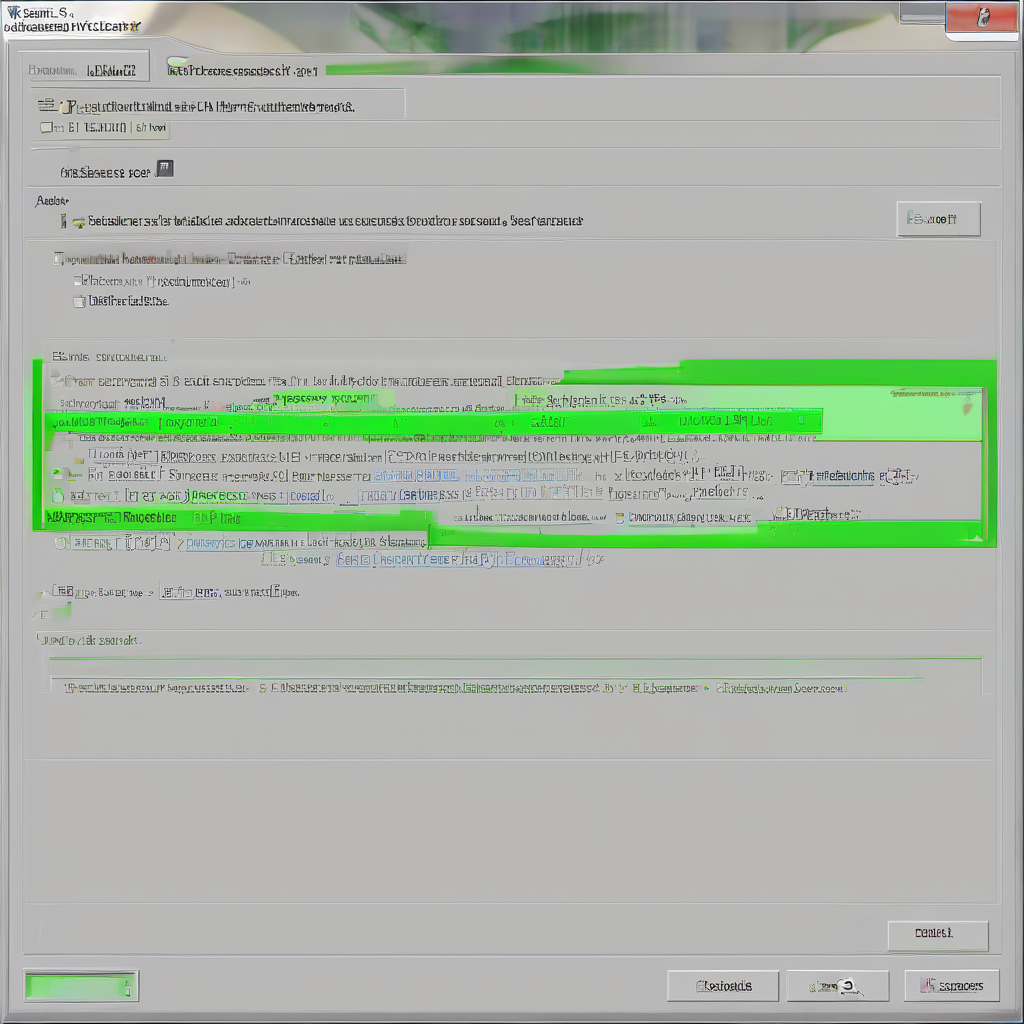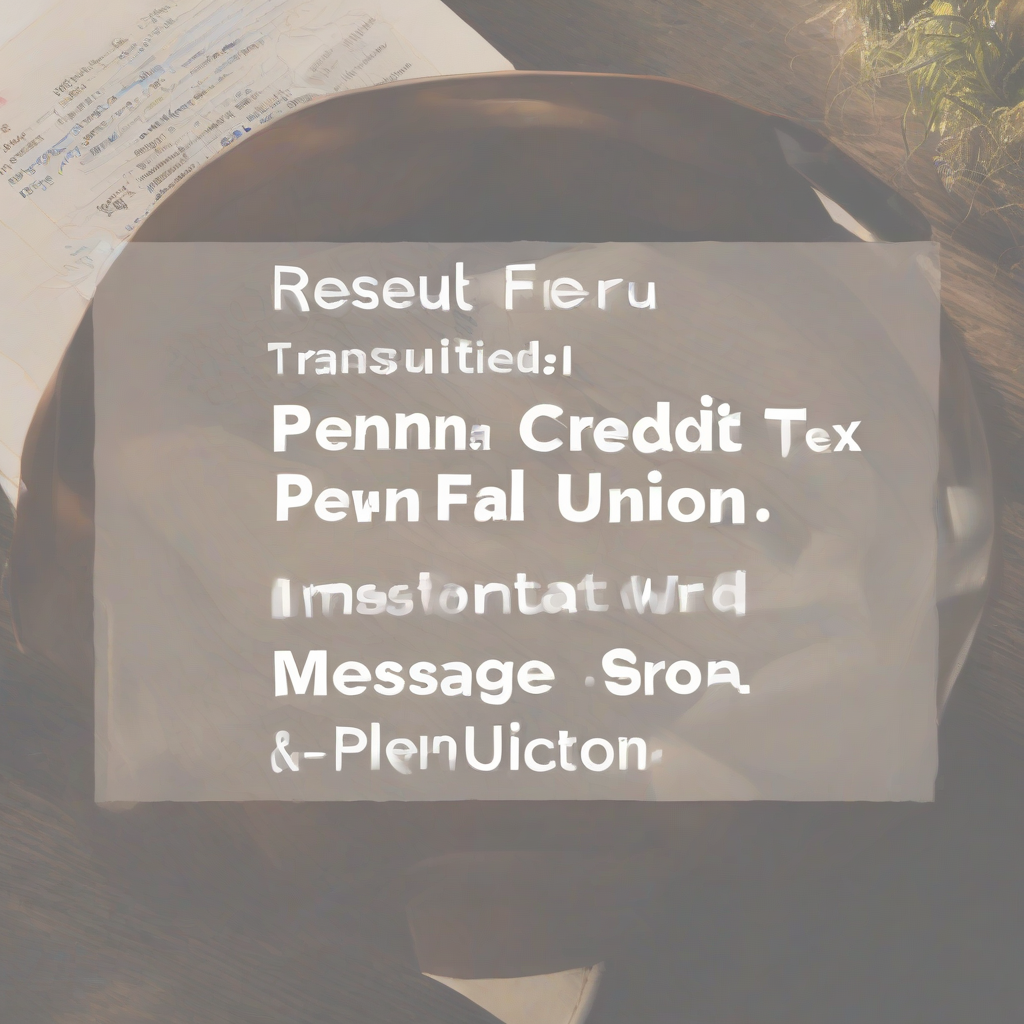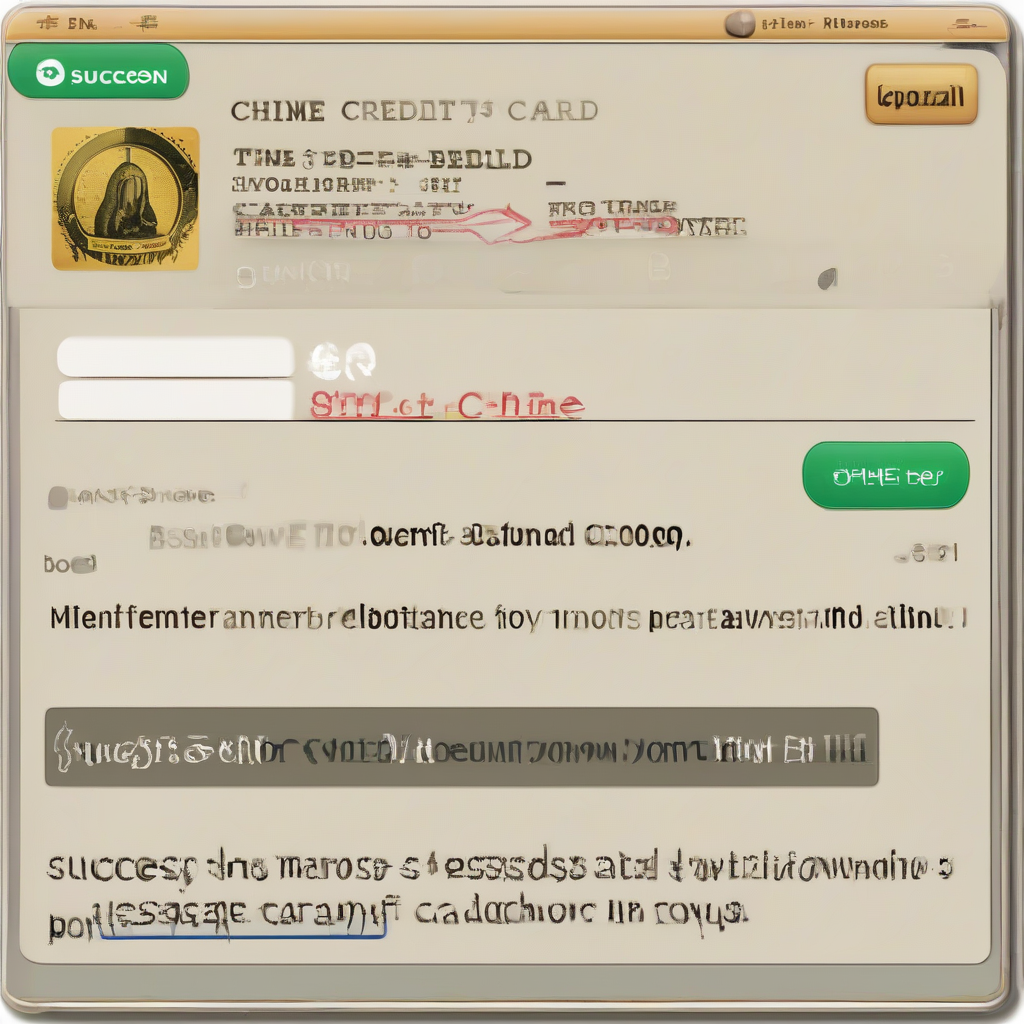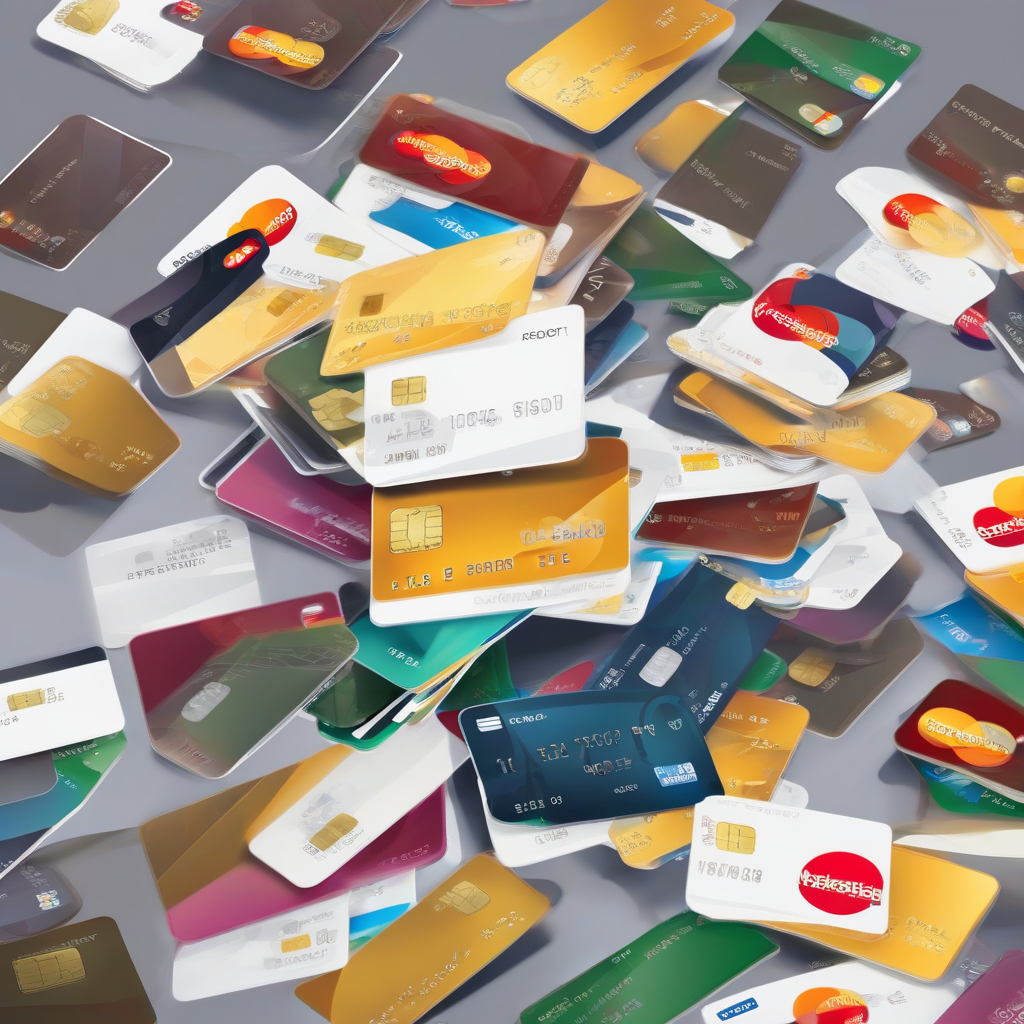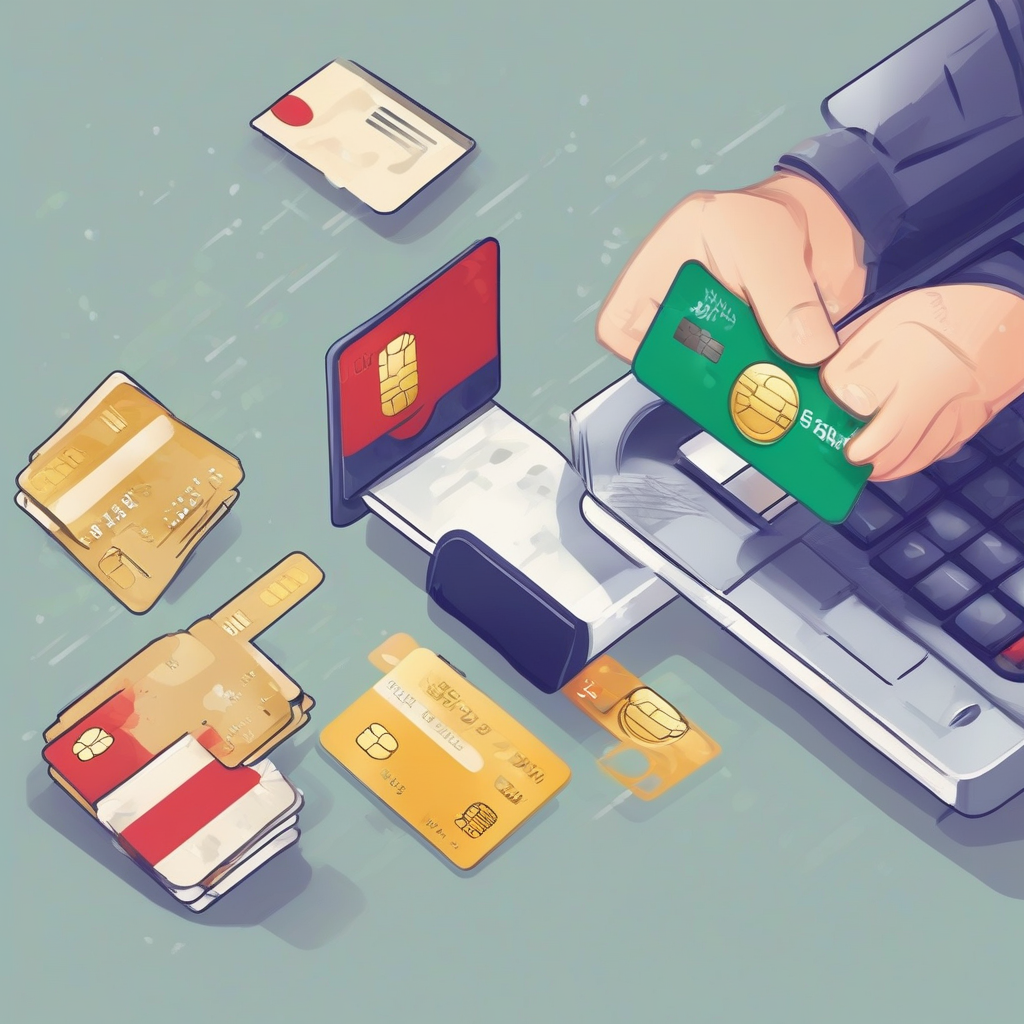Pay Off Credit Card Debt Fast: A Comprehensive Guide to Financial Freedom

Pay Off Credit Card Debt Fast: A Comprehensive Guide to Financial Freedom
Credit card debt can feel like an overwhelming weight, constantly looming over your finances. But it doesn't have to be this way. With a strategic plan and unwavering determination, you can conquer your credit card debt and achieve financial freedom. This comprehensive guide will provide you with the tools and knowledge you need to get started.
1. Understand Your Debt
- Track Your Spending: Begin by meticulously tracking your credit card spending for a month or two. This will give you a clear picture of where your money is going and help you identify areas where you can cut back.
- List All Your Cards: Make a comprehensive list of all your credit cards, including their balances, interest rates, minimum payments, and due dates.
- Calculate Your Total Debt: Add up the balances of all your credit cards to determine the total amount of debt you need to pay off.
2. Develop a Debt Payoff Strategy
- The Avalanche Method: This strategy focuses on paying off the debt with the highest interest rate first, while making minimum payments on the others. By targeting the debt with the most expensive interest, you'll save money in the long run and reduce the overall amount of interest you accrue.
- The Snowball Method: The snowball method prioritizes paying off the smallest debts first, regardless of interest rates. This can provide a sense of momentum and achievement, motivating you to continue paying down your debt. The psychological boost can be significant, especially for those who are feeling overwhelmed by the sheer amount of debt.
- Debt Consolidation: Consider consolidating your credit card debt into a single loan with a lower interest rate. This can simplify your repayment process and potentially reduce the overall amount of interest you pay. However, be aware that you may end up paying more interest in the long run, depending on the terms of the loan.
- Balance Transfers: Some credit card companies offer balance transfer offers with a promotional 0% interest rate for a certain period. This can be a good option if you can pay off the balance before the promotional period ends. However, be sure to read the fine print carefully, as some companies charge transfer fees or have high interest rates after the promotional period.
3. Reduce Spending and Increase Income
- Cut Unnecessary Expenses: Take a hard look at your monthly expenses and identify areas where you can cut back. This could include dining out less, reducing entertainment spending, or finding cheaper alternatives for everyday expenses.
- Negotiate Bills: Contact your service providers (like your internet, phone, or cable company) and try to negotiate lower rates. You might be surprised at how much you can save by simply asking.
- Find Ways to Earn Extra Income: Consider taking on a part-time job, starting a side hustle, or selling unused items to generate extra cash flow.
- Live Below Your Means: Resist the urge to keep up with the Joneses. Focus on living within your means and saving money for your future goals.
4. Set Realistic Goals and Track Your Progress
- Set SMART Goals: Your goals should be Specific, Measurable, Achievable, Relevant, and Time-bound. For example, you could aim to pay off $500 of debt every month.
- Track Your Progress: Regularly monitor your progress by checking your credit card statements and recording your payments. This will help you stay motivated and ensure you are on track to reach your goals.
- Celebrate Milestones: Reward yourself for reaching milestones along the way. This can help you stay motivated and positive throughout the debt payoff journey.
5. Seek Professional Guidance
- Consult a Credit Counselor: Credit counselors can provide personalized advice and support to help you develop a debt management plan that fits your unique circumstances. They can also negotiate with creditors on your behalf and offer strategies for improving your credit score.
- Consider Debt Consolidation Programs: Debt consolidation programs can help you consolidate your debt into a single loan with a lower interest rate. However, it's important to carefully research the program and ensure it's reputable and legitimate.
- Work with a Financial Advisor: A financial advisor can provide comprehensive financial planning and guidance, helping you create a budget, manage your debt, and develop a plan for your future financial goals.
6. Build Strong Financial Habits
- Create a Budget: Develop a realistic budget that tracks your income and expenses. This will help you control your spending and allocate your funds effectively.
- Save Regularly: Make saving a priority by setting aside a portion of your income each month. This will create a safety net for emergencies and help you achieve your financial goals.
- Avoid Credit Card Debt: Once you have paid off your debt, make a conscious effort to avoid accumulating credit card debt in the future. This could include using cash or debit cards for everyday purchases, limiting credit card usage, and paying your balance in full each month.
Conclusion
Paying off credit card debt is a challenging but achievable goal. By understanding your debt, developing a strategic plan, reducing spending, increasing income, and building strong financial habits, you can regain control of your finances and achieve financial freedom. Remember, consistency is key. Stay focused, be patient, and you will overcome this hurdle and secure a brighter financial future.
What's Your Reaction?










